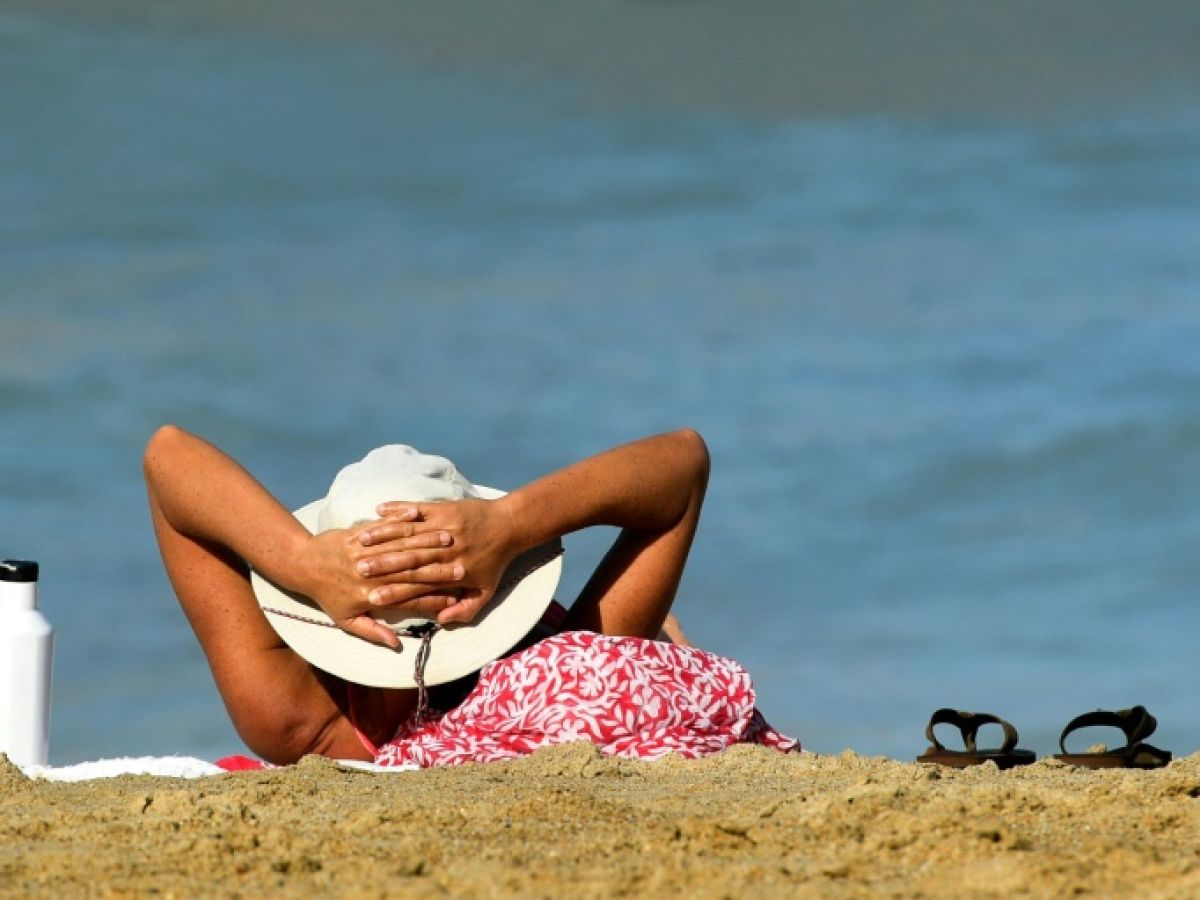“Can we consider treating ourselves only with plants?”, asks Sebastien Lebel on our Facebook page. This is our reader question of the week. Thank you all for your contributions.
Medicinal plants occupy a fundamental place in human history, as we explained in our article from the magazine Sciences and the Future – The Essentials No. 207 (dated October/December 2021) Phytotherapy: recognized effectiveness but difficult to prove"Neanderthal man, 48,000 years ago, was already treating himself with poplar leaves, which release a substance similar to aspirin!
Antiquity also celebrated them: Pliny the Elder (23-79) and Galen (129-201) cite 500 medicinal plants. Even today, according to the World Health Organization (WHO), between 25,000 and 60,000 plant species contain medicinal properties, even if, in Western societies, their use remains a minority: only 3 to 5% of populations resort to them, compared to 85% of inhabitants of the sub-Saharan region.
A renewed interest in “soft” methods but studies are complicated to carry out
The 19th century marked a turning point with the rise of modern chemistry and synthetic molecules, which were often more effective and better controlled. Forgotten, even maligned, plants then saw their use decline, leading to the abolition of the herbalist diploma in France in 1941. However, a renewed interest in "gentle" methods has been observed in recent decades.
However, this practice is hampered by the lack of training of doctors: "They receive no training on plants during their studies, and consider the data to be too unreliable.", underlined in 2021 Pierre Champy, professor of pharmacognosy (study of medicinal substances of natural origin) at the University of Paris-Saclay. In addition, " Clinical studies are complicated to conduct, expensive, and therefore very rare. However, the demand for evaluation is very high today! It also comes from veterinarians and breeders who want to avoid antibiotics. Thus, patients even consume plants in a somewhat secret way because some doctors strongly advise against it, according to Pierre Champy.
Essential oils, a "real biochemical bomb"
Herbs can sometimes be effective, such as purple coneflower (Echinaceae purpura) to prevent colds: the European Medicines Agency (EMA) has ruled "the positive benefit-risk balance for short-term prevention and treatment of uncomplicated colds". But others, such as black elderberry for its anti-inflammatory and diuretic action, have not been sufficiently validated. The diversity of active ingredients (alkylamides, polysaccharides, etc.) partly explains the complexity of their evaluation: the effectiveness of plants in stimulating the immune system is difficult to prove in humans.
Regulations attempt to regulate the sector, but each species has its contraindications, and the French National Agency for the Safety of Medicines and Health Products (ANSES) publishes regular warnings, particularly on possible interactions with other treatments or on the risk of interfering with certain diseases, such as Covid-19. THE essential oils are a “a real biochemical bomb, because we extract the active ingredients that the plant has concentrated to defend itself against external attacks”, according to Valérie Coester, a doctor specializing in natural medicines, and require particularly careful use.
The prospect of treating oneself exclusively with plants appears risky
Faced with these realities, the prospect of treating oneself exclusively with plants appears risky: lack of reliable data, variations in the quality and concentration of active ingredients, risks of adverse effects or unknown interactions... If phytotherapy has its place as a complement to modern medicine, it cannot, given the current state of knowledge, completely replace it.
Finally, the craze for certain species is jeopardizing their survival: it takes 5 tons of Damask rose petals to obtain 1 kg of essential oil... mountain arnica, yellow gentian and rhodiola are declining throughout Europe.

